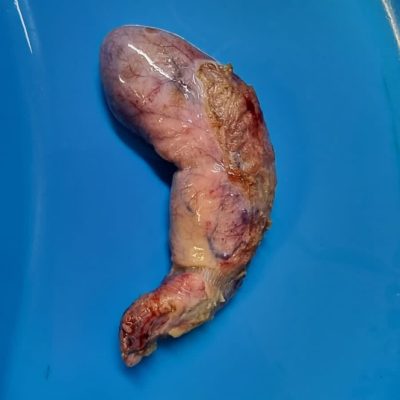Gall Bladder Surgery
Gall Bladder Surgery Dubai, UAE
What is the gallbladder?
The gallbladder is an organ the shape and size of a small pear. It stores a substance called bile made by the liver. It keeps the bile until the body needs it to digest fatty foods.
Who needs to have gallbladder removal?
A laparoscopic cholecystectomy helps people with gallstones that are causing pain and infection.
Gallstones are crystals that form in the gallbladder. They can block the flow of bile out of the gallbladder into your digestive system. This roadblock causes cholecystitis (inflammation of the gallbladder). Gallstones can also move to other parts of the body and cause problems.
Gallstones are crystals that form in the gallbladder. They can block the flow of bile out of the gallbladder into your digestive system. This roadblock causes cholecystitis (inflammation of the gallbladder). Gallstones can also move to other parts of the body and cause problems.

Symptoms of gallstones include:
1. Feeling bloated.
2. Fever.
3. Jaundice (yellow-looking skin).
4. Nausea.
5. Pain in the right side of the abdomen, which may reach the back or the shoulder.
.

